Your brand name is a big decision, if not the biggest decision, in your organization’s identity. It drives logo creation and personality and is the source from which all marketing strategies derive, to a certain extent. When choosing a brand name, consider what you offer, who you are, why you do what you do. Are you a B2B business selling car parts or a comedy club looking to make people laugh? When customers see your name, they will instantly assume things about your brand.
Your business only has 7 seconds to make a first impression. Choose a name that aligns with your organization’s goals, personality, and story in order to ensure that a potential customer has a positive interaction in those first seven seconds while keeping these points in mind:
- Make it memorable.
- Create a positive brand connection.
- Check availability for domain name.
- Consider business longevity and mission.
The Strategy: Types of brand names that you can choose.
1. Descriptive
Descriptive names clearly describe what a brand is selling. They are straightforward, useful, and utilitarian. Because of this, they lack room for creativity. Descriptive names are often hard to trademark because of their use of descriptive, everyday words. However, descriptive names do an excellent job of conveying a brand’s story to potential customers with minimal effort. Chapstick, Ziploc, and General Motors use descriptive brand names.
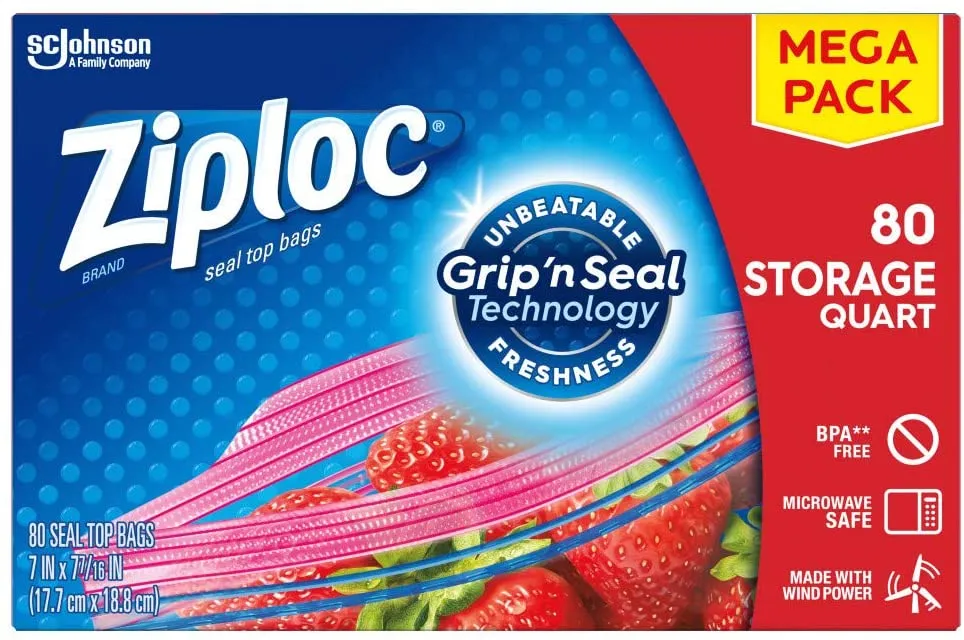
2. Evocative
Evocative names suggest what a brand can do for you. Such brand names bring out powerful imagery, memories, or feelings to the audience’s minds. These names are often creative and serve as a cornerstone for a brand’s promise. Brands using this strategy need to ensure that the name they choose clearly aligns with their goals or they run the risk of breaking their brand promise. Fitbit, Pampers, and Amazon are examples of brands that use evocative names.
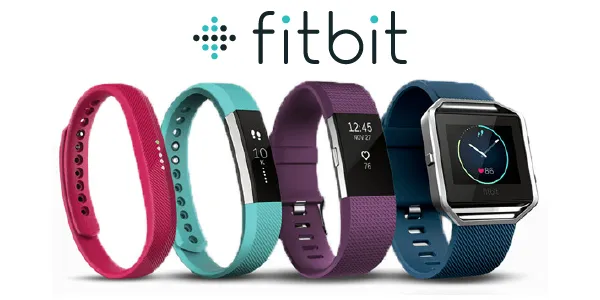
3. Inventive
Inventive names are great for brands that want to showcase their creative side. Brands often draw from foreign words or use onomatopoeia to create their names. While giving creative liberty to brands, such brand names typically require time spent researching but can be some of the most successful brand names when done right—like Twitter, Kodak, and Verizon.
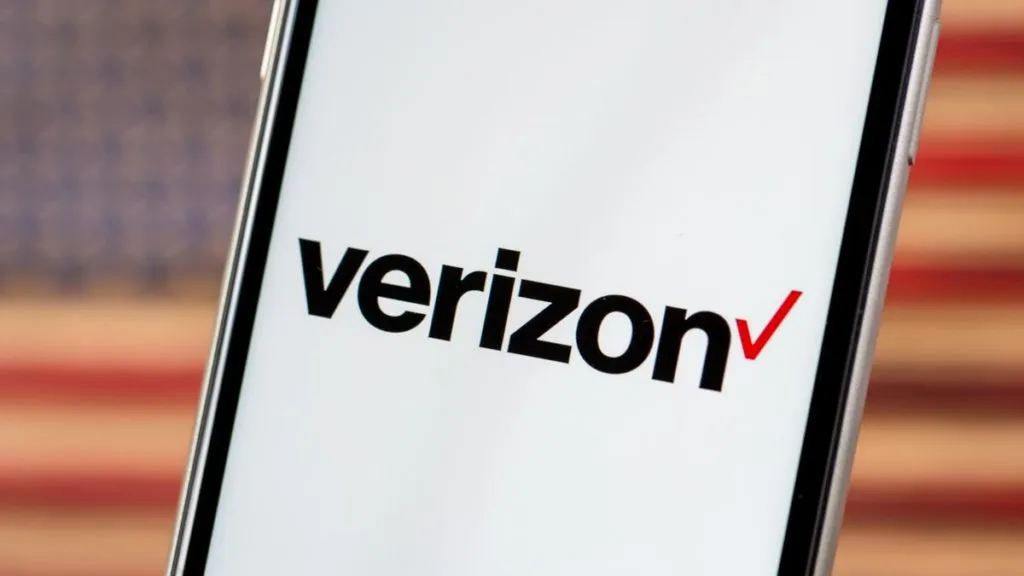
4. Arbitrary
Arbitrary names use words that have seemingly no connection to the brand or its offerings. However, as a brand becomes more familiar, you’ll find that the “arbitrary” name is, in fact, an extension of a brand promise or mission statement. These names require a lot of front-end marketing to be easily recognizable to the target audience such as Apple, Jaguar, and Shell.
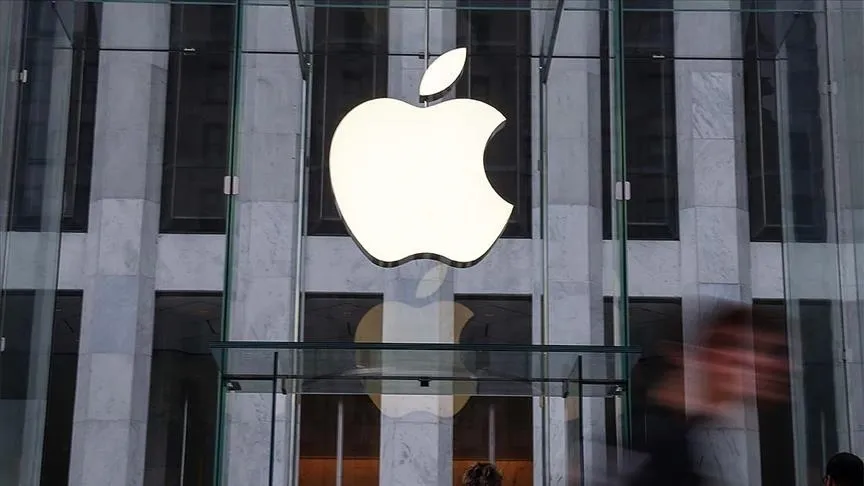
5. Acronyms
Acronyms use a straightforward strategy to convey meaning by combining words that describe their brand. This is a good way to further a brand story, However, acronym names can be difficult to remember and have not seen much success in the small business sector. Some organizations that use acronym names successfully are SEC (South Eastern Conference), KFC (Kentucky Fried Chicken), and AFLAC (American Family Life Insurance Company).

6. Founder
Founder brand names take on the first or last name of a founder. These names require ample marketing efforts to become recognizable, unless, of course, the founder is already has a large following, like Kylie Jenner and Kylie Cosmetics. Brands that take on the same name as their founder or founding family can be very popular if built correctly –like Disney, Ben & Jerry’s, and Levis.
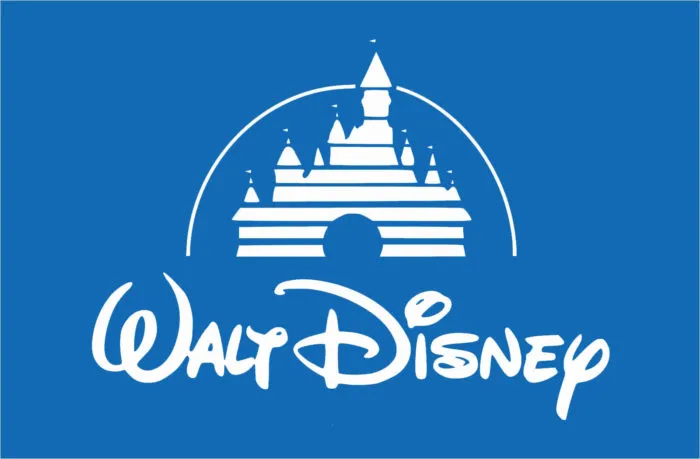
7. Geographical
Geographical brand names use a location, landmark, or geographical feature to name their brands. In some cases, they shorten the name of a location for the name, like Cisco being shortened from San Francisco. Geographical names tie a brand to its namesake. For this reason, it can also limit reach to the region that the name derives from, New York Life and Fiji Water use this strategy.
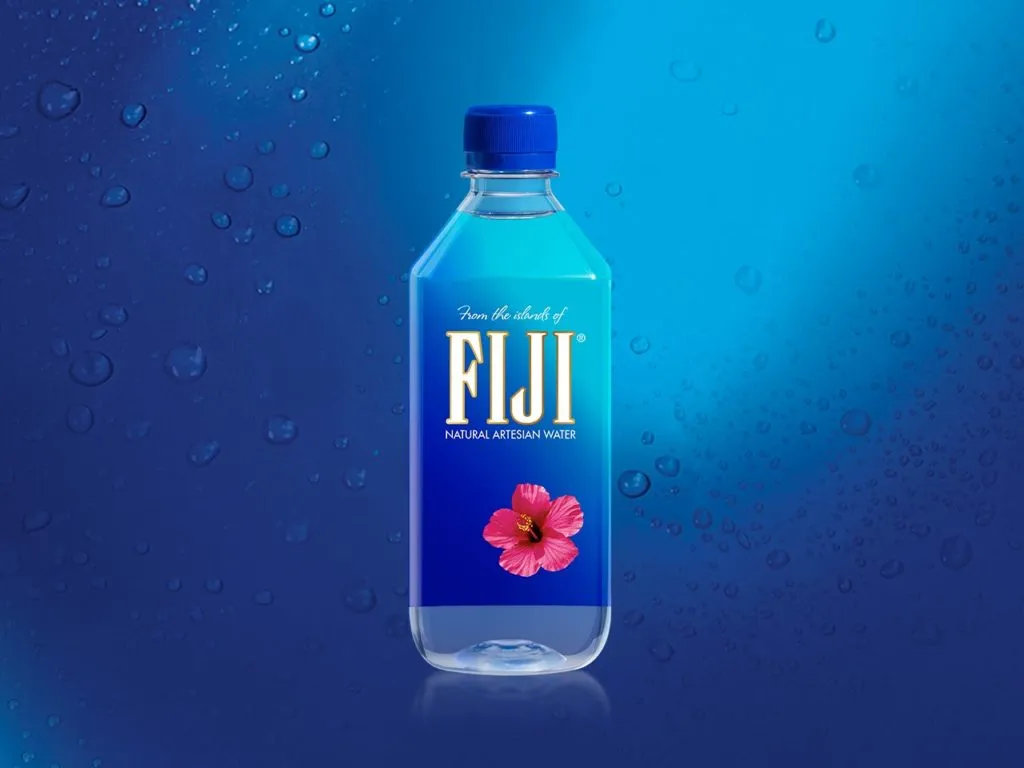
Next Steps
As you can see there are a few different ways to start brainstorming the perfect brand name. Either way, it’s essential that your brand name is reflective of your business’s mission and personality. Here are a few more tips on how to create a brand that your customers will love:
1. Your Brand at a Glace: Logo Design
2. How to Create Brand Imagery
3. What to Include in a Brand Style Guide?
4. Is Your Brand Message Coming Across?
Your name is the basis of your entire company. Do not leave that up to anyone. Pyxl is ready to name or re-name your company. Contact us!
Updated: Apr 13, 2022
 Bonnie Winter
Bonnie Winter
 Kati Terzinski
Kati Terzinski Erin Murray
Erin Murray